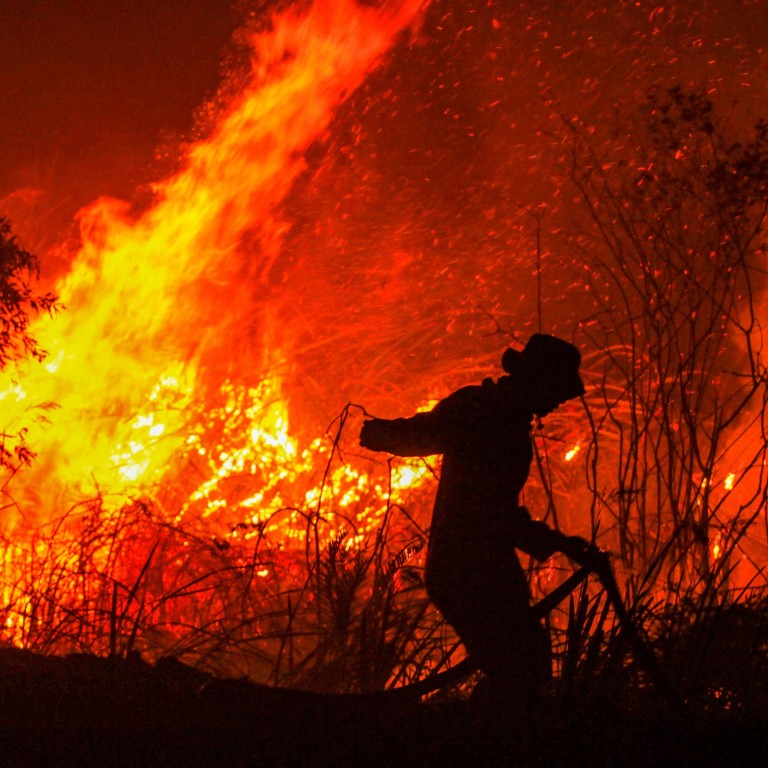
Four steps for Jokowi to save Indonesian democracy
- President Joko Widodo has much to reflect on as he is sworn in for his second term today
- After weeks of unrest in Papua, student protests, forest fires and a knife attack on a minister, here is how he could turn the tide
Not an auspicious start for someone who won a convincing victory at the polls in April.
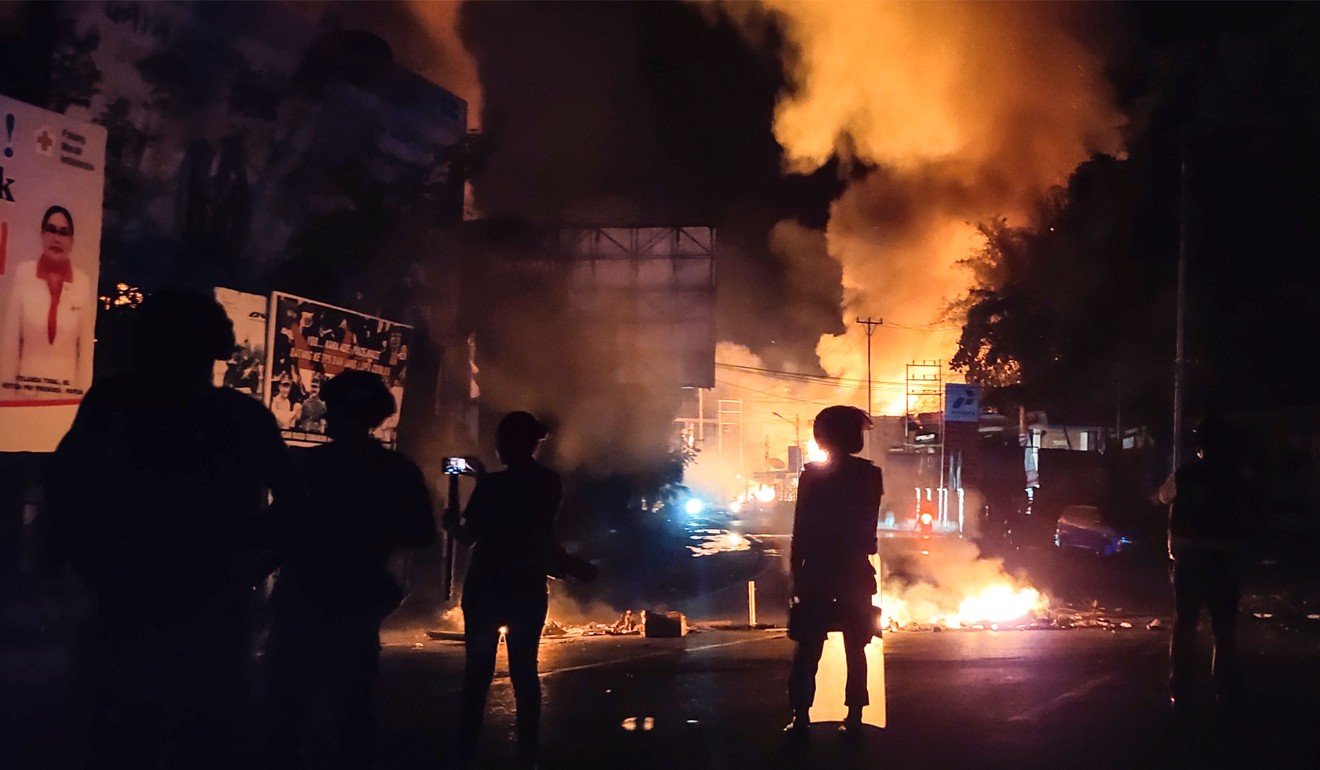
To be fair, these problems are not all of the president’s making. Nor was it easy for his government to act decisively, given the period of limbo leading up to the appointment of the new cabinet on Sunday, when Widodo will be sworn in for his second term. But the social, political and security challenges they pose will hang over the coming five years, generating uncertainty and fear about political stability and the state of Indonesia’s democracy. Many Indonesians who supported Widodo because they felt he would safeguard open, fair and accountable government are now wondering whether the country’s democracy is secure in his hands.
Anti-graft agency KPK is doing a good job. So why is Indonesia diluting its power?
One reason for the setback stems from the success of Indonesia’s democratic transition since 1998. Competitive politics has become well-established; regular elections are held at all levels of representation. But the evolving political culture is divisive and subject to selfish manipulation. Politicians have exploited race and religion to fish for votes, generating a polarised political map and empowering religious zealots.
Political parties have failed to develop constructive programmes and merely serve as vehicles for dynastic interests; parliament isn’t a place for open debate. Legislation is haggled over in fractious committees where support can be bought and sold.
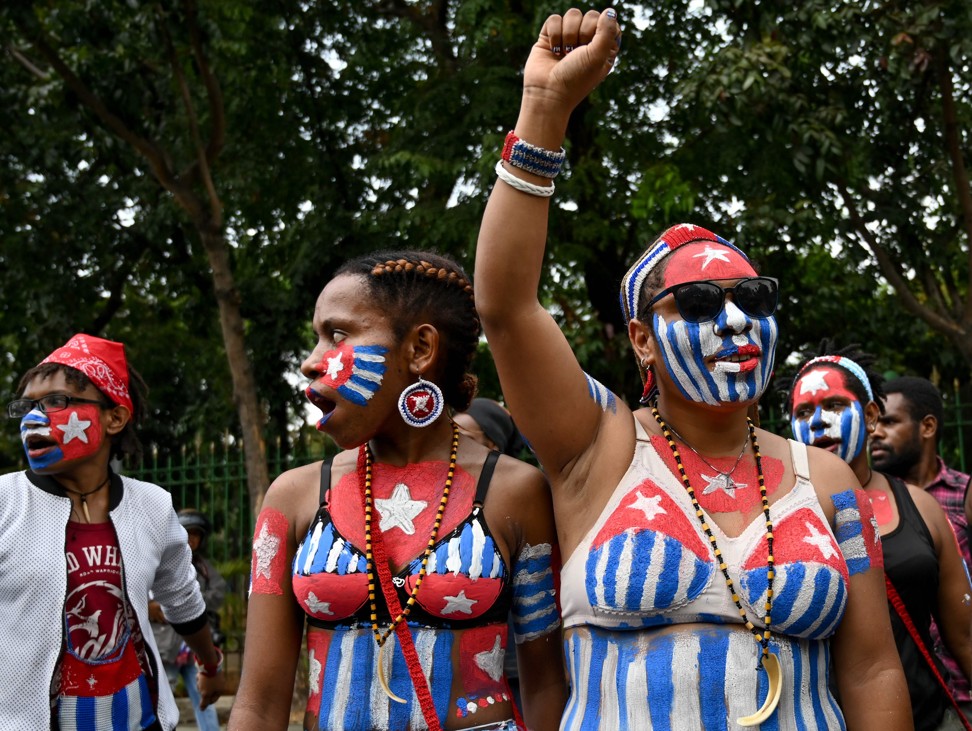
As a result, the democratic dividend has corroded rather than strengthened the integrity of the Indonesian state and society.
The empowered conservative Islamic establishment is loosening constitutional guarantees of freedom of religious worship and equal rights for all citizens. Elected politicians threatened with scrutiny by the anti-corruption commission clamour for its abolishment. Two of the most important fruits of democratic reform over the past 20 years, pluralism and accountability, are being undermined.
Explained: what has led to the violent riots in Indonesia’s Papua?
To some extent, these are challenges faced by democracies everywhere. Growing social divides and income inequality have generated disillusionment with elected governments seen as dominated by privileged elites, unresponsive to people’s needs. Many people have taken refuge in religious beliefs and become susceptible to idealistic visions of identity based on tribe, religion and race.
Indonesia, with its large and diverse population, must avoid these pitfalls or risk a descent into polarising violent conflict that will tear apart the country. So how could Widodo help turn the tide, unify the nation and reboot Indonesia’s democracy?
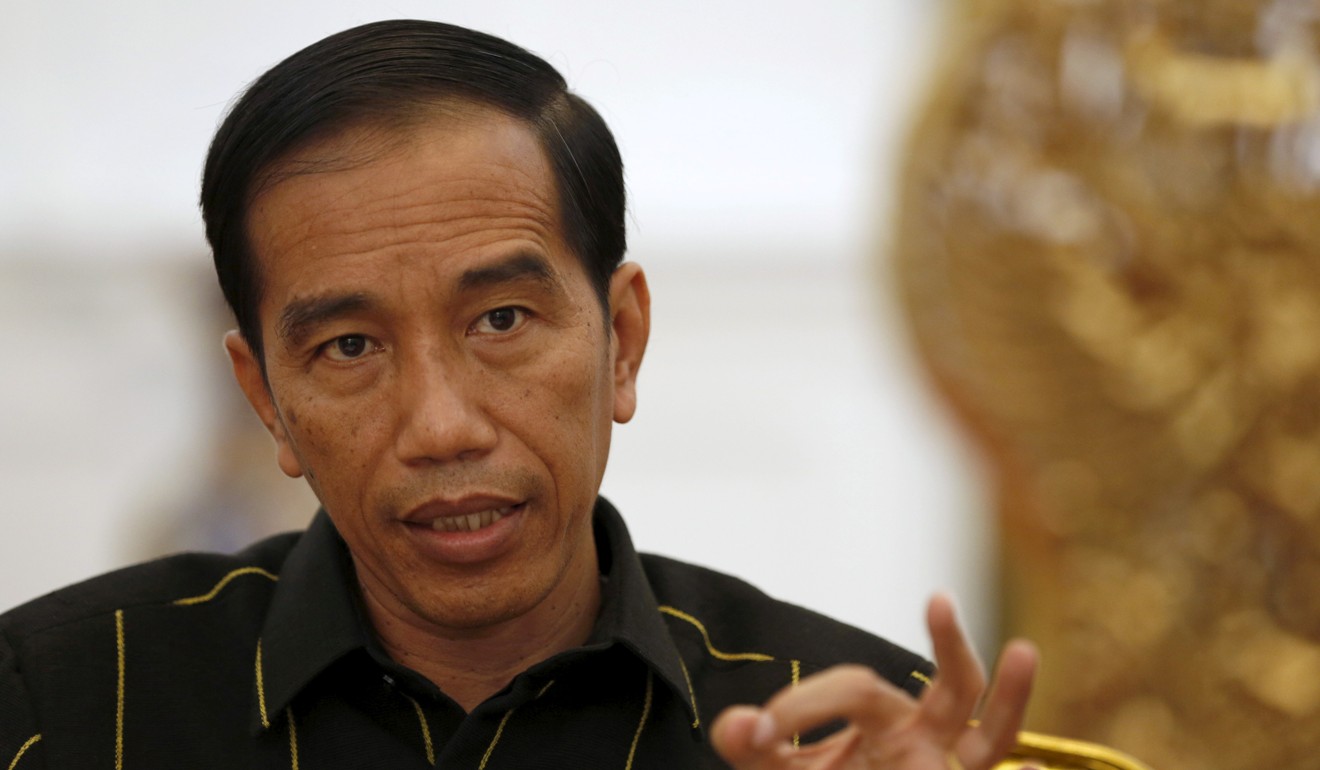
An immediate priority is the reform of the country’s parliament. Indonesia has struggled with the right balance between representation and leadership. Many Indonesians believe that enlightened and charismatic leadership is the key to democratic government. But leaders should be made accountable, however freely they are chosen or popular they are. This means the parliament must be strong enough to credibly and responsibly hold leaders to account. Curbing the anti-corruption agency won’t help, and will generate sustained popular concern and unrest.
Millions may risk jail as Indonesia prepares to outlaw sex outside marriage
Second, the power of the Islamic conservative lobby must be tamed. The vision of Indonesia as a pluralistic nation of unity in diversity is under threat from visions of the country as predominantly an Islamic state. This is eroding democratic freedoms as seen by the current debate over the criminal code. The struggle to control the extent to which people are brainwashed by extremist visions of society can be won if more resources are spent on strengthening a national education system and regulating the freewheeling autonomy of Islamic educational institutions. In the current national budget the religious affairs ministry receives the fourth-largest share of funds – the education ministry ranks tenth.
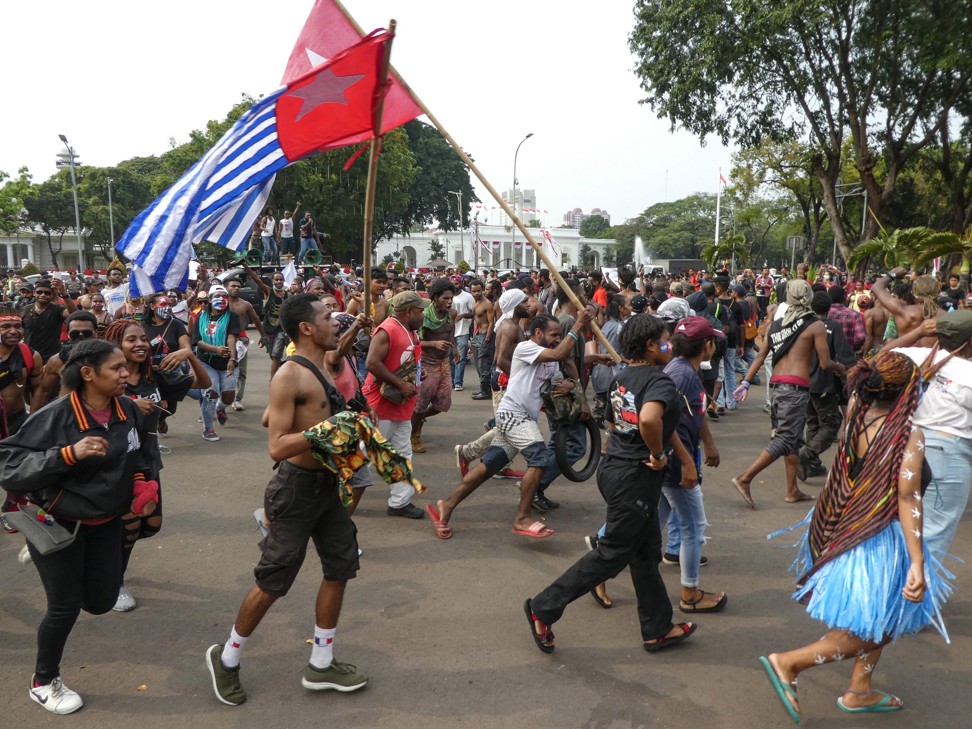
Thousands in Indonesia protest against bill that would ban extramarital sex
Fourth, Indonesia’s founding fathers knew that the struggle for freedom needed to be anchored in a vision of the nation underpinned by principles that balanced the centrifugal ethnic and religious forces in the archipelago with an overarching frame of togetherness – unity and diversity. This spirit is captured by the state philosophy of Pancasila, which was unfortunately undermined in the authoritarian era for the purpose of concentrating power and treated as a mechanism for imposing conformity. But Pancasila remains an important tool for protecting democracy and must be revived.
President Widodo has one thing going for him: almost all the political parties which campaigned against him in last April’s presidential election have expressed a willingness to join his government. He should use this remarkable consensus to forge a new national agenda for reform, rather than preside over democratic regression. ■
Michael Vatikiotis has written about Indonesia for more than 30 years and is the author of Blood and Silk: Power and Conflict in Modern Southeast Asia
